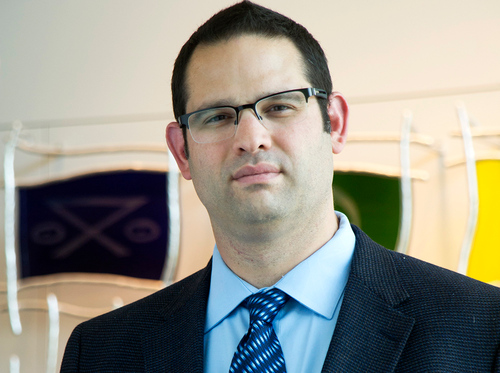
Consuming alcohol puts kids at higher risk for injuries like car accidents, falls, drowning and burns. Long-term use can lead to learning and memory problems, a weakened immune system, and mental health issues.
It’s never too early to start talking to your kids about the dangers of alcohol and other drugs. The earlier kids start using drugs, the greater their chances of continuing to use them and become addicted later in life. According to Dr. William Goldman, medical director of Akron Children’s Addiction Services Program, oftentimes substance use disorder starts with legal substances kids can readily get their hands on at home – things like alcohol and nicotine, cleaning supplies, air fresheners, whipped cream, hair spray and glue.
“They also may have access to items sold over the counter like dextromethorphan (found in cough medicine), kratom (herbal supplements), and Delta-8 and Delta-10 tetrahydrocannabinols (cannabis derived products which are not supposed to be psychogenic),” said Dr. Goldman.
Side effects and risks depend on how much and how often the substance is being used. Here are some common ones to watch for:
- Nicotine: Headaches, restlessness, coughing, cravings, difficulty concentrating, insomnia, mood changes, flu-like symptoms and a decreased heart rate.
- Alcohol: Short-term health risk injuries like car accidents, falls, drowning and burns. High-risk sexual behavior, learning and memory problems, weakened immune system, and mental health issues. Long-term abuse could lead to cancer, heart, liver or digestive diseases.
- Delta 8 and Delta 10: Nervousness, anxiety, cravings, irritability, restlessness, sleep and learning difficulties and increased mental health issues.
- Kratom: Sweating, chills, restlessness, anxiety, sleep difficulties, runny nose, watery eyes, irritability, constipation and diarrhea.
- Dextromethorphan: Euphoria, hallucinosis, drowsiness, dizziness, blurred vision, slurred speech, nauseas/vomiting, sweating and hypertension.

Dr. William Goldman
How to recognize signs of substance use
While these things may not happen all at once, here are some signs to watch for:
- Behaving differently for no reason, like acting withdrawn
- Frequently tired, depressed or hostile
- Hanging out with a new friend group
- Disinterest in grooming
- Decline in grades
- Skipping classes or school
- Loss of interest in favorite activities
- Changes in eating or sleeping habits
- Deteriorating relationships with family members and friends
What can you do?
“Limiting exposure to a substance is best practice when offering medications for different issues,” said Dr. Goldman. “If you notice an over-the-counter product has turned from occasional use to daily use, it’s time to consult your health care provider for advice.”
The best thing you can do is talk to your kids early and often about the dangers of substance use.
“Addictive substances affect the developing brain,” said Dr. Goldman. “Things like alcohol and cannabis (which is legal in some states) can impact memory, cognitive skills and sound decision making. Data shows that early introduction of addictive substances leads to abuse over a person’s lifetime which reflects how the brain becomes dependent on the substance for coping.”
The Addiction Services Program at Akron Children’s provides evidenced-based treatment services for adolescents with substance use disorders up to age 18.










